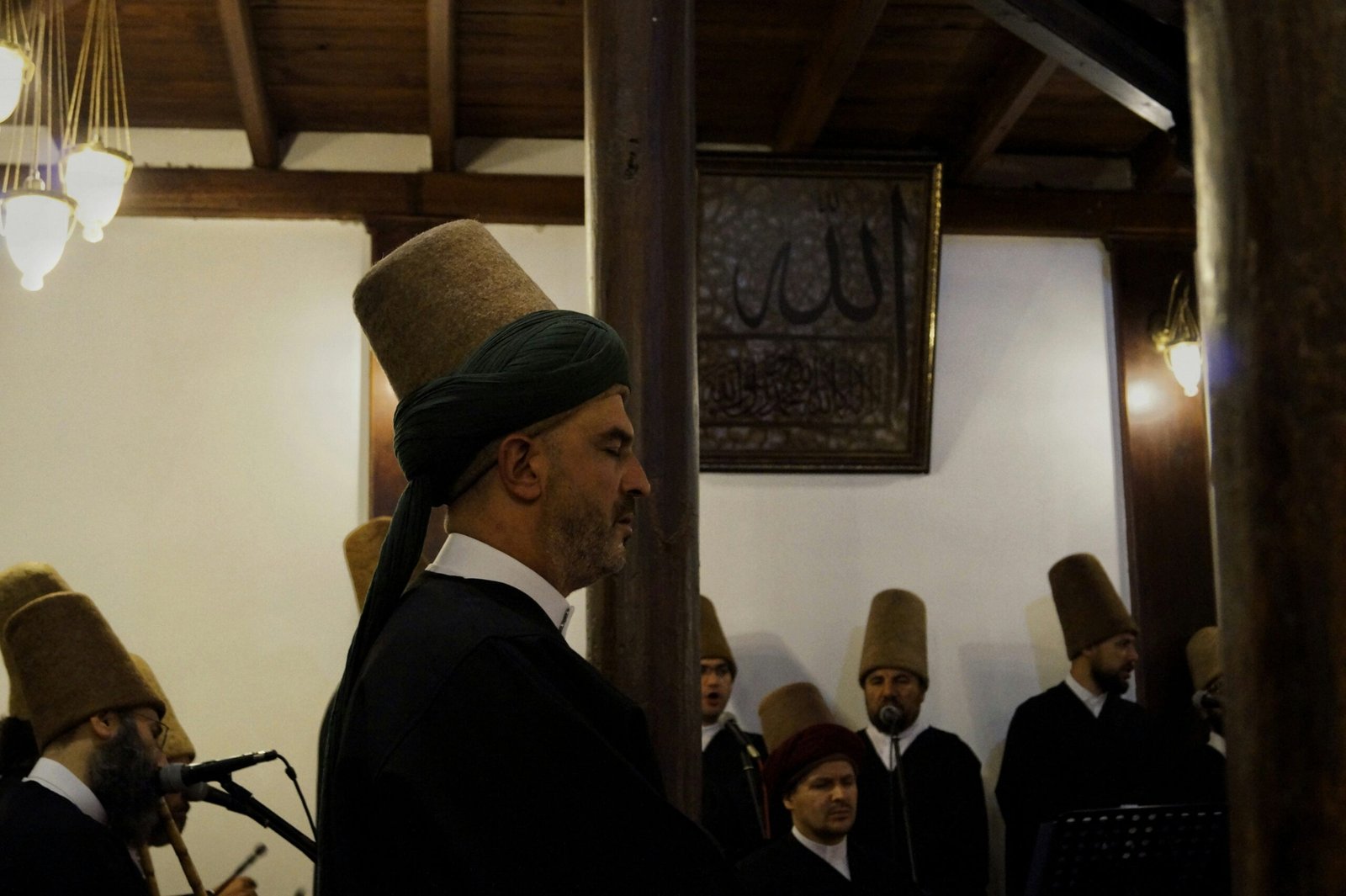The Uniform Civil Code (UCC) in Uttarakhand is a significant development in India’s legal landscape. Here’s a detailed analysis of the issue:
Applicability: The UCC covers matters related to marriage, divorce, inheritance, and adoption.
Exemptions: The UCC Bill does not apply to Tribal Communities. Scheduled Tribes and groups with unique customary practices protected under Part XXI of the Constitution of India are kept out of the scope of this law.
Provisions on Live-in Relationships: The UCC Bill mandates the registration of any live-in relationship within the state’s jurisdiction. The registration is solely for record purposes. Partners can terminate the relationship by submitting a termination statement. Women deserted by their live-in partners can claim maintenance through the competent court. Children born out of such relationships are considered legitimate.
Concerns: The sphere of privacy allows persons to develop human relations without interference from the outside community or from the State. In the Indian Constitution, the right to live with dignity and the right of privacy both are recognized as dimensions of Article 21. In the 2017 landmark Puttaswamy ruling, the Supreme Court recognized the right to privacy.
How does it affect women’s rights?
1. Equality and Uniformity: The UCC is a law of “equality, uniformity, and equal rights” and is aimed at the holistic development of women. It provides equal rights to women of all religions.
2. Inheritance Rights: The UCC mandates equal property rights for sons and daughters and treats legitimate and illegitimate children as equals. It also makes no distinction between self-acquired and ancestral property.
3. Marriage and Divorce: The UCC introduces a uniform process for divorce and imposes a complete ban on child marriage. It also sets a uniform age for marriage, which is 18 for women and 21 for men in all communities.
4. Prohibition of Certain Practices: The UCC Bill makes Halala, Iddat, and Triple Talaq – practices governing marriage and divorce under the Muslim personal law – punishable offences. It also prohibits polygamy.
5. Live-in Relationships: The UCC mandates the registration of any live-in relationship within the state’s jurisdiction. Women deserted by their live-in partners can claim maintenance through the competent court.
These changes aim to provide equal rights and protections to women across all communities. However, the actual impact will depend on how these laws are implemented and interpreted by the courts.
How does it affect religious minorities?
The Uniform Civil Code (UCC) in Uttarakhand, if implemented, will apply equally to all citizens of the state, irrespective of their religion, sex, and gender. Here’s how it could affect religious minorities:
Changes to Personal Laws: The UCC replaces personal laws with a unified code. This means that religious minorities, like Muslims and Christians, will no longer be governed by their respective personal laws in matters of marriage, divorce, inheritance, and adoption.
Inheritance Rights: The UCC Bill does not have a limit on testamentary succession, which is a departure from the Shariat law that allows a person to bequeath only 1/3rd of their property through a will. This could potentially leave vulnerable groups such as women and queer persons at risk of being disinherited because of their gender and sexuality.
It’s important to note that the actual impact of the UCC on religious minorities will depend on how it is implemented and interpreted by the courts.








Leave a Reply